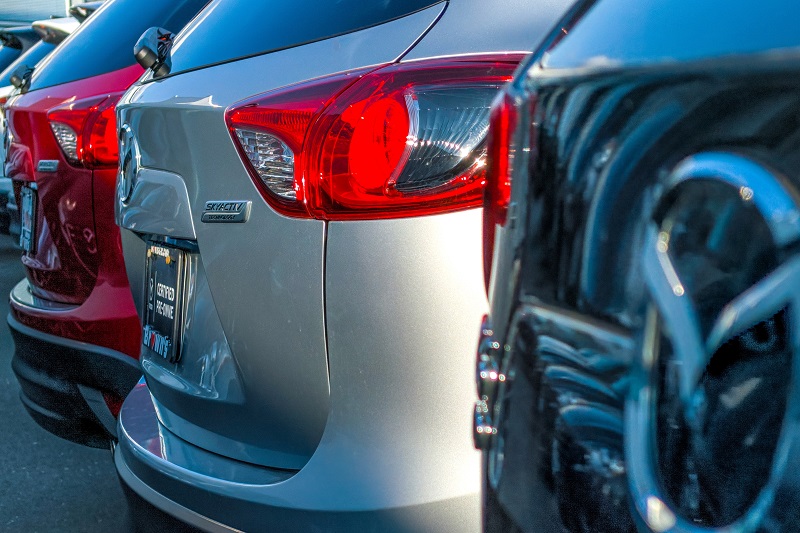Certified Pre-Owned (CPO) Cars are used cars that have gone through an extensive multi-point inspection program confirming their good to excellent condition. Cars sold through the manufacturer’s CPO program come complete with a vehicle history report, some form of warranty, and services like roadside assistance to help should anything happen within a certain time-frame. So, who offers this program? Read on to find out.
Certified Pre-Owned Cars are offered through car dealerships usually at a slightly higher price than cars offered without. The cars that come with a CPO are most often ex-rental fleet or leased cars that are between two to three years old. However, they can be up to six years old depending on the dealer selling them. The reason for this is that the new car warranty is reaching, or has reached its maturity date, or the vehicle in question has reached its mileage quota for warranty coverage (usually 50,000 to 80,000 miles). There’s usually nothing wrong with the car, just the fact that it has higher than usual mileage for the year or has come to the end of its rental life. There are, however examples that are older and have higher mileage for offer by used car dealerships.

While leased cars go back to the manufacturer’s dealership, cars in the car rental industry are usually sold off by their own car sales branch of their company. The distinction between the manufacturer CPO programs and dealer CPO programs is the fact that car makers can back the warranties and services the manufacturer’s program offers whereas the dealer CPO can’t offer as much when it comes to corporate name-brand car companies like Ford or Toyota. These companies offer more than just a warranty, they will also offer a complimentary loan vehicle if your car needs to be worked on for repairs, as well as 24-hour roadside assistance which is a benefit included on every CPO program – manufacturer or dealer.
Be prepared though. CPO contracts have plenty of fine print. Every car manufacturer has a different program to the next – some offer ‘Trip Interruption Benefits’ giving reimbursements on lodging and meals, while others offer a ‘Rewards Program’ enabling you to earn points towards maintenance, buying vehicles and other products. They also differ on how many miles or years they will cover your car under the program, as well as what services and items are covered. Dealerships pretty much won’t repair or replace standard wear-and-tear items such as scratched tire rims, brake pads or the odd dent. So it pays to do a thorough in-person inspection and read over the inspection report carefully with your full attention so you can point out any discrepancies that aren’t listed on the inspection form.
Make sure you have researched the model you are looking at for any recalls listed online (and that they have been attended to), and that any common problems generally with the make and model aren’t showing. If you notice any strange smells like dampness for example, ask about potential previous flood damage or leaking (could be the rubber door seals), or if you notice a change in color tone on different parts of the car, ask about any prior accidents – major or minor. It pays to know exactly the condition of the car before signing and handing over your hard earned money. You can do a specified ‘Certified Pre-Owned Car’ search on sites such as Certified Cars, Car Gurus, True Car, Autotrader, or Cars. Most of these also offer a comparison chart where you can choose up to three car brands which they provide all the information you need to make an informed choice instantly. You can search for ex-rental car companies offering cars for sale as well as look up manufacturer dealerships such as Mazda or Honda for example that are offering ex-lease vehicles in your area.

